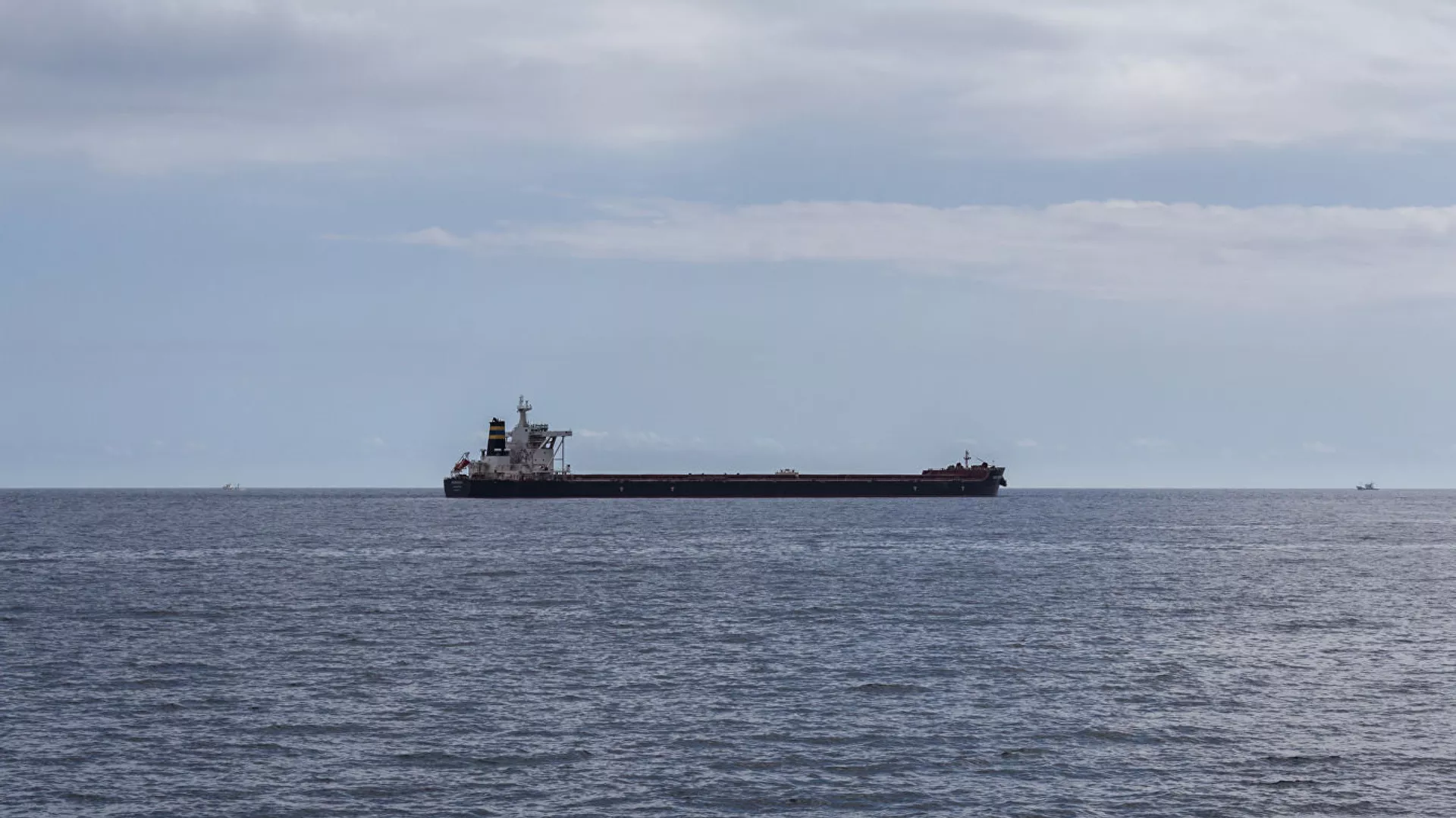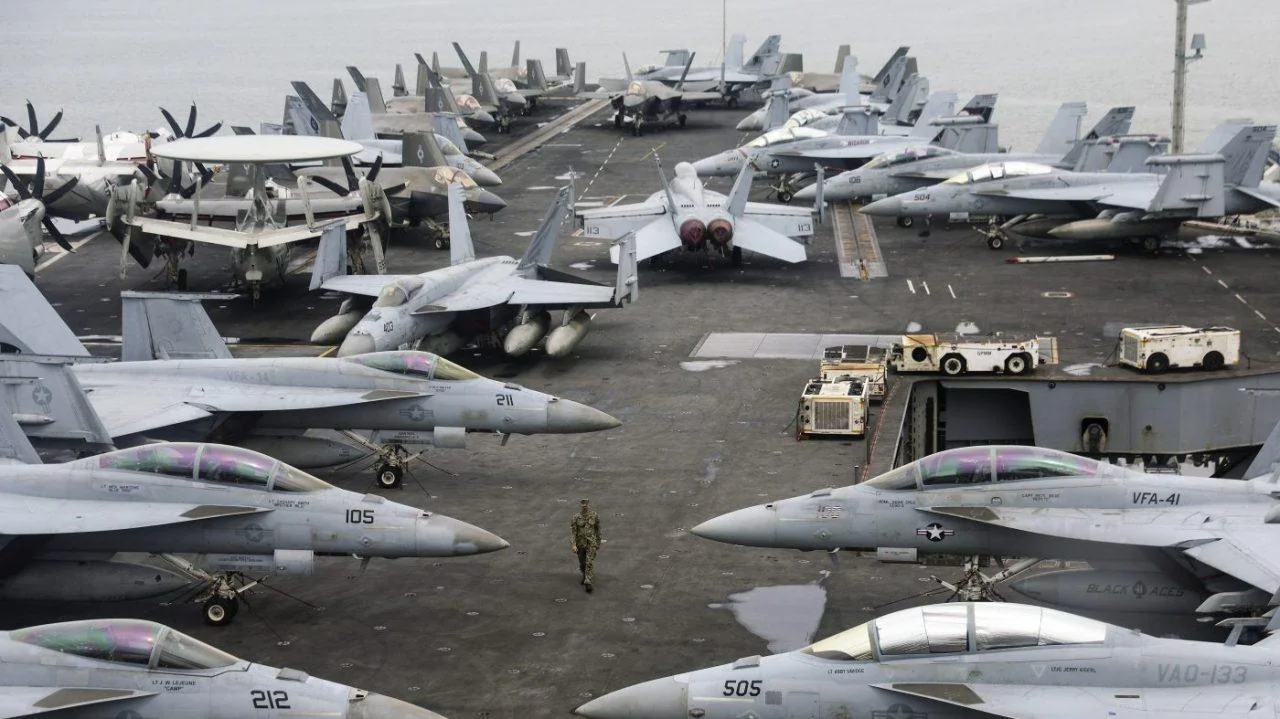Russian Satellite News Agency, Moscow, December 19. Russian military analyst Igor Korotchenko said in an interview with the Russian Satellite News Agency that the ultimate purpose of the US-led coalition’s operations in the Red Sea is to support Israel and prevent the conflict from spreading to Across the region, it is expected not only to intercept Houthi missiles but also to launch preemptive strikes on their positions.
Korotchenko commented on the launch of the multinational operation “Prosperity Guardian” in the context of attacks by Houthi armed forces in Yemen on commercial ships.
U.S. Defense Secretary Austin previously stated that the United Kingdom, Bahrain, Canada, France, Italy, the Netherlands, Norway, Seychelles and Spain would participate in the operation.
Korotchenko said: “It can be expected that not only missiles and drones launched by the Houthi armed forces will be intercepted, but also the use of helicopters for airdrops to intercept commercial ships including those transporting goods for Israel will be prevented.”
He added: “It is clear that pre-emptive strikes on Houthi positions are also possible.”
Experts point out that the main goal of the United States is to support Israel’s efforts to eliminate Hamas in the Gaza Strip while preventing the spread of the conflict.
Korotchenko believes that the US operation “will not last only a week or two”, but it will depend on the activities of the Houthis and how many missiles and drones they have in their arsenal.
Foreign media have previously paid a lot of attention to the situation in the Red Sea . According to the US “New York Post” report, within the framework of the “Prosperity Guardian” operation, some countries will conduct patrols in the southern Red Sea and the Gulf of Aden, and other countries will conduct reconnaissance there.
According to the Financial Times, more than 9 million barrels of oil pass through the Red Sea every day, accounting for nearly one-tenth of global demand. The Wall Street Journal pointed out that many large oil producers and cargo owners around the world began to divert their ships to other routes, causing oil prices and insurance premiums to soar.




